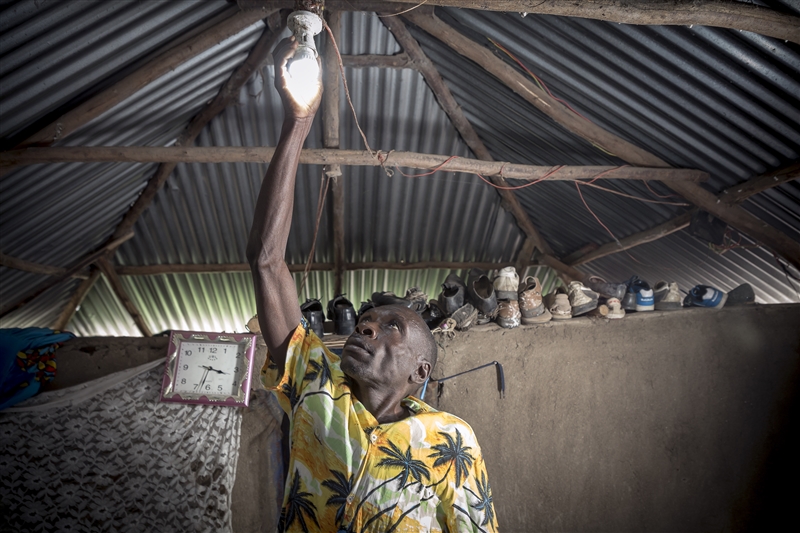Hivos and partners have released a briefing note on the impacts of Covid-19 on rural communities and informal and small businesses operating in these communities. Based on our analysis, we developed a set of recommendations for policy and practice on how to support the most vulnerable, including low-income households, women and MSMEs, while promoting an inclusive and green recovery. The full document is available here.
The COVID-19 pandemic has resulted in a global health crisis, with major economic and social impact, that is affecting all continents. At the same time, the lockdown measures and economic collapse is threatening the lives of millions of people worldwide with lack of income, food and basic services. International institutions, donors and governments are developing recovery programs to rebuild the global economy and support those most in need. Hivos is pleased to see calls from institutions such as UNEP and the WorldBank to “build back better” and the EU towards a “Green Recovery”, as it indicates that key actors are taking this crisis as an opportunity to build a greener future. However, the vast majority stimulus funds announced so far are being poured into high-carbon industries, such as the fossil fuels and aviation, with no conditions to ensure they reduce their carbon output, rather than towards low-carbon industries, such as renewable energy. We are also very concerned about how inclusive the design of these recovery programs will be, in terms of reaching remote and poorer communities, micro and small entrepreneurs and informal workers. Especially, considering that the virus is deepening the existing socio-economic inequalities between and within countries. Therefore, it is essential to include the voices and address the specific needs of communities and informal and small businesses operating in developing countries to ensure no one is left behind.
Recommendations
Access to clean energy and clean cooking technologies is crucial for people’s livelihoods and for a just, sustainable and inclusive socio-economic development. Energy access can accelerate progress in many sectors, including health and education, reduce the risk of violence, particularly gender-based violence, and tackle climate change. COVID-19 pandemic and the consequent social distancing and lockdown measures have affected small and local businesses in developing countries and low-income households, enhancing gender gaps and social inequalities. This has intensified the urgency to ensure universal access to clean solutions and support the poorest sections of society in this energy transition.
As governments develop recovery packages, Hivos and partners share four recommendations to support those most at risk, including low income households, women and MSMEs, to cope with the current crisis, and at the same time promote an inclusive and green recovery after the crisis:
- Ensure access to electricity and clean cooking fuels for the poorest sections of society
- Support small business and the informal sector to cope with the crisis
- Uphold targets to achieve universal energy access for all (SDG 7) by supporting green transformation for rebuilding economy
- Building back better towards a more just, sustainable, inclusive and equal society
We welcome others to join our call to ensure that people’s voices are heard and build a green and inclusive world post-COVID 19. You can access the full document here.




